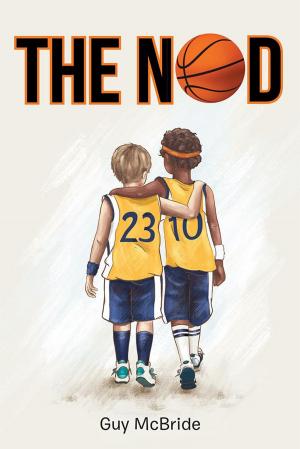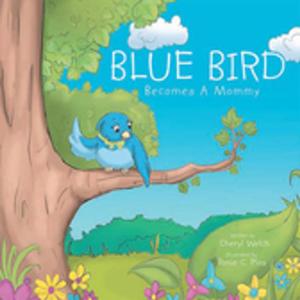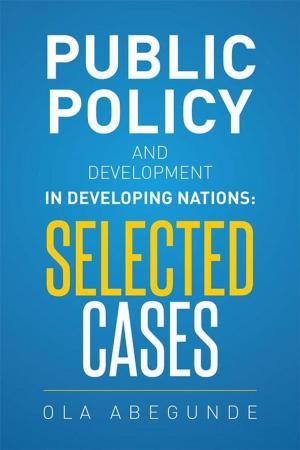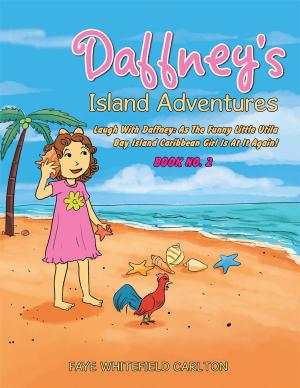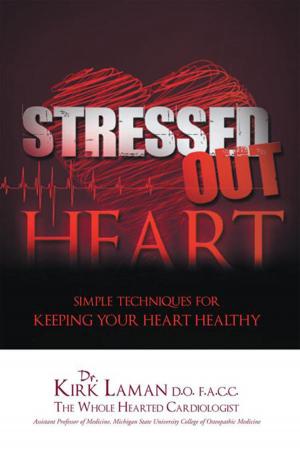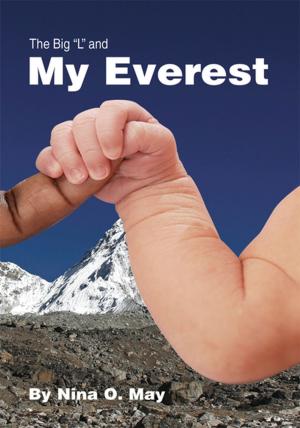The Turtle and the Caduceus
How Pacific Politics and Modern Medicine Shaped the Medical School in Fiji, 1885-2010
Nonfiction, Reference & Language, Education & Teaching| Author: | Professor David Brewster AM | ISBN: | 9781450022637 |
| Publisher: | Xlibris US | Publication: | January 11, 2010 |
| Imprint: | Xlibris US | Language: | English |
| Author: | Professor David Brewster AM |
| ISBN: | 9781450022637 |
| Publisher: | Xlibris US |
| Publication: | January 11, 2010 |
| Imprint: | Xlibris US |
| Language: | English |
The Turtle and the Caduceus are metaphors for the impact of Western medicine (the Caduceus) upon a traditional Pacific island culture (the Turtle), through the history of a school which started training native medical practitioners 125 years ago. David Brewster, the former Dean of Fiji School of Medicine, tells the fascinating tale of how a devastating measles epidemic and pro-indigenous benign colonialism led the foundation of this unique school. Then, Rockefeller philanthropy helped to transform it into a regional institution with an excellent reputation. However, its evolution into a modern university medical school was hampered by local politics and internal dissensions related to ethnic strife between the indigenous and Indian populations of Fiji, which also resulted in four military coups with economic stagnation and migration of medical graduates. This cautionary tale has important lessons for the relatively neglected disciplines of Pacific island history and medicine.
The Turtle and the Caduceus are metaphors for the impact of Western medicine (the Caduceus) upon a traditional Pacific island culture (the Turtle), through the history of a school which started training native medical practitioners 125 years ago. David Brewster, the former Dean of Fiji School of Medicine, tells the fascinating tale of how a devastating measles epidemic and pro-indigenous benign colonialism led the foundation of this unique school. Then, Rockefeller philanthropy helped to transform it into a regional institution with an excellent reputation. However, its evolution into a modern university medical school was hampered by local politics and internal dissensions related to ethnic strife between the indigenous and Indian populations of Fiji, which also resulted in four military coups with economic stagnation and migration of medical graduates. This cautionary tale has important lessons for the relatively neglected disciplines of Pacific island history and medicine.



